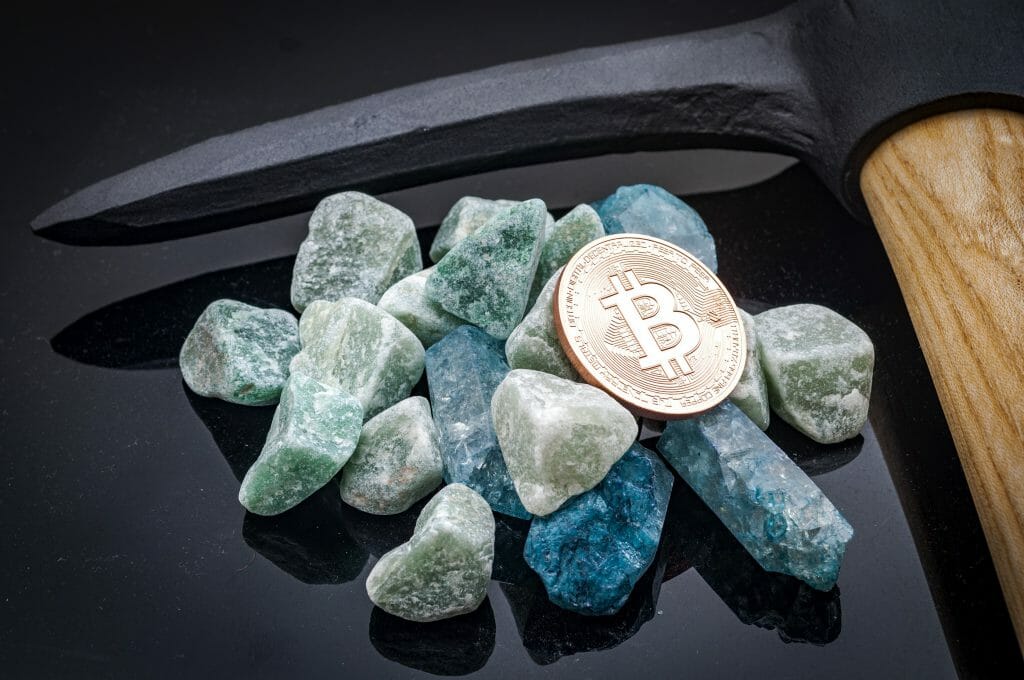The opinion of Undersecretary Davidson is in line with that of Senator Lummis in 2021. The Treasury Department will contrast the definition of digital assets with that of traditional stocks.
Jonathan Davidson, the undersecretary of the US Department of the Treasury for legislative affairs, recently spoke about Bitcoin miners located in the country. He said they should not be accountable to the IRS as if they were exchanges or brokers.
A group of US senators recently received the observation of Davidson in a letter. The official raised his concerns about the tax responsibilities of those who work in cryptocurrency mining and staking.
According to the document, the Treasury Department considers that Bitcoin miners cannot access the information required by the IRS. For that reason, the government agency believes that they are not subject to the reporting requirements established for stockbrokers.
In August 2021, the US Senate passed the Infrastructure Bill, defining cryptocurrency exchanges and miners. They describe them as transmitters of value exchanges, so they must pay taxes for that activity. In addition, that legislation also requires them to collect and make data about the users of their services available to the IRS.
Bitcoin Miners Do Not Fit Under the Infrastructure Bill, According to Lummis
Most members of the US Senate did not consider the comments of Cynthia Lummis and other senators when approving the Infrastructure Bill.
Lummis proposed an amendment seeking to correct the definition of brokers to avoid referring to Bitcoin miners, nodes, and developers, among others. However, the Senate did not accept the change and approved the above Bill, which will enter into force in two years.
The concerns of the Treasury Department and the perspective of Senator Lumis are in line with each other.
Cryptocurrency miners and stakers find the process of collecting information from their users much more cumbersome, if not impossible. Meanwhile, that is a more routine procedure to exchanges, which have the necessary tools.
The US Treasury Department is also reviewing the definition of digital assets, which they will contrast with traditional stocks.
Poorly Structured Regulations Can Cost the IRS a Fortune
A couple recently sued the IRS for unfairly charging them taxes related to their staking activities on the Tezos blockchain.
The Jarrets said that the tokens they had obtained were property created by taxpayers. For that reason, they believe that they cannot pay taxes on them if they do not sell or exchange them.
The IRS offered the plaintiffs a refund of the amount they had paid. However, the Jarrets did not accept the agreement since they demanded the inclusion of expenses for lost profits.
The judicial resolution of the case may arrive between March of this year and March 2023. According to the court order, they will consult experts before a decision.
Bitcoin and other cryptocurrencies are increasingly relevant, and many miners have not overlooked that. They have looked for ways to control or ban the operation of mines and exchanges. However, some government officials have shown a positive attitude towards adopting crypto assets.
By Alexander Salazar











